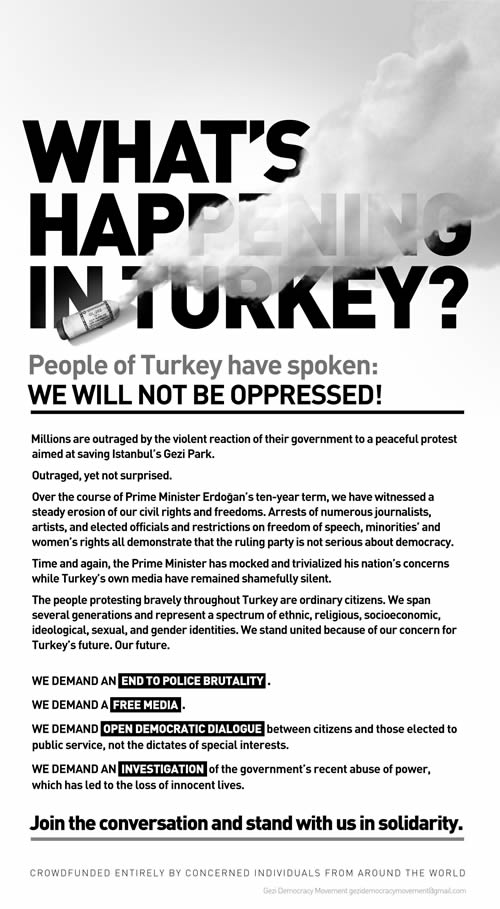BEWARE Ye Who Dare The Oligarchs
Monday, June 24th, 2013 by Marko PhiriA country whose politics makes a tradition of tragic deaths through suspicious automobile accidents can only have very little to claim as an “open society.”
Zimbabwe’s roads after independence are littered with deaths of prominent individuals who everyone knows had become a pain in the ass of the oligarchs. These were individuals expressing their version of the truth as opposed to the “official” line peddled by spin doctors and apologists of the political establishment. The dead men’s crusades would be perfectly in order in any country that is not North Korea.
That this continues to happen long after independence where Africa’s liberation struggle was short-circuited and chaos-riddled by ideological wars defined by the U.S.S.R and the U.S.A and went on to claim anyone from Patrice Lumumba to Amílcar Cabral to Thomas Sankara, to Zimbabwe’s own revolution that ate its own children from Josiah Magama Tongogara to Sydney Malunga points to a political tradition that is inimical to the very ideals the “new democrats” purport to espouse.
In Zimbabwe no accident that claims a prominent politician is an accident at all. It is just one of those things we have come to accept.
What is disturbing is that despite this, it still remains the chosen modus operandi of eliminating perceived opponents.
This cannot be belaboured here, yet the impunity is troubling.
Small wonder that many people here await the day not of healing political wounds but a day of retribution where those fingered in these acts of political assassination will have their testicles squeezed in the people’s angry court.
That Zimbabweans have an “insider” tipping prominent individuals that they are targets of assassination only makes this more disturbing because apparently there is very little or nothing these people can do to avoid what is increasingly their inevitable demise.
It’s only recently that one “powerful” Zanu PF don said of Energy Mutodi’s claim that the don wanted Mutodi killed: “If I wanted him (Mutodi) killed do you think he would still be alive?”










